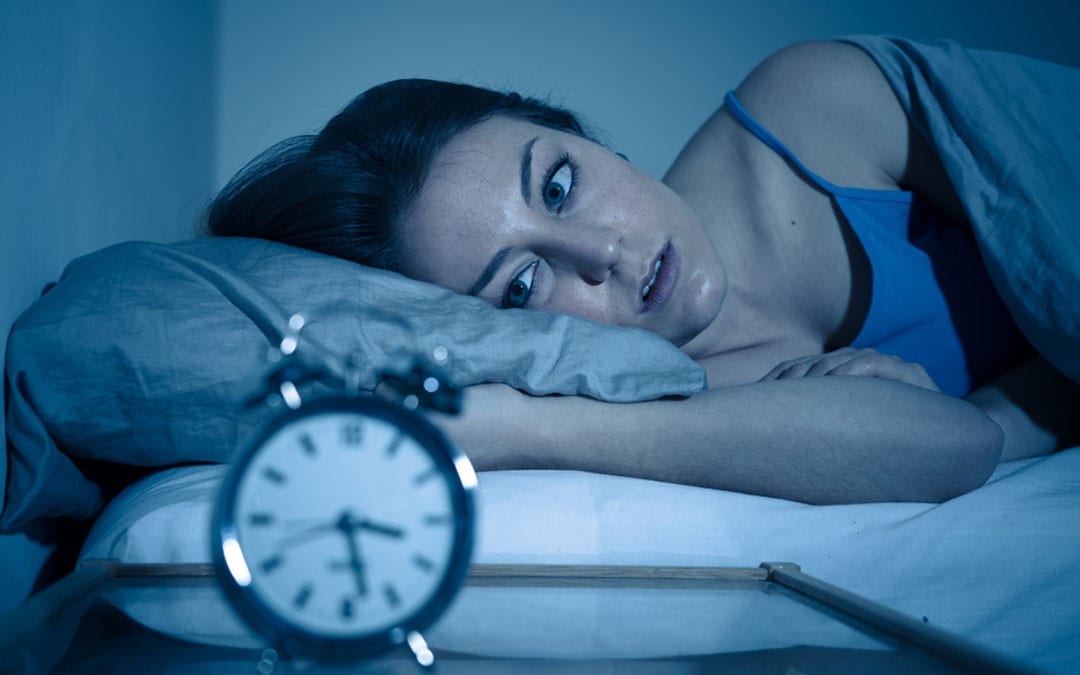
Among the most common reasons why people can’t sleep is a disruption in their circadian rhythm. The circadian rhythm is the natural pattern of the body’s functions, such as drives for sleep and hunger. Most of us prefer to sleep overnight, but when this rhythm shifts, the result is a person who can’t sleep. A person suffering from a disorder of the circadian cycle may have problems with their sleeping habits.
Symptoms of sleep disorders include inability to fall or stay asleep, shortness of breath, coughing, and increased sputum production. In addition to physical ailments, mental illnesses such as anxiety and depression can also interfere with sleeping. A person suffering from severe anxiety or depression may experience persistent nagging thoughts that interfere with sleep. They may also be unable to get a sound night’s sleep. In such cases, a doctor can prescribe medications that can help to improve sleep.
Some people may have a sleep disorder, which interferes with their circadian rhythm. They may have irregular bedtimes, such as a shift in the work schedule, or be experiencing chronic pain. Those suffering from bronchitis, on the other hand, may have trouble sleeping. They may have a cough, shortness of breath, or excessive sputum. In addition, people with a sleep disorder may have difficulty falling or staying asleep at all.
Another cause of people’s inability to fall or stay asleep is a lack of rest. They may be too active in their minds. Constant thinking keeps the mind active, making it difficult to sleep. The more they think about something, the more they can’t relax. And the more they think, the less sleep they get. The result is a chronic insomniac state that makes it difficult to get back to sleep. If this is the case, a physician must prescribe an antidote for them.
Some other causes of insomnia are physical conditions. A sleep specialist examines a person’s vital signs such as heart rate and blood pressure. They will also monitor their body’s oxygen levels and monitor their brain waves to determine if they are sleeping well. If a person cannot sleep, he or she will likely be prescribed medication to help them sleep. However, it is possible to consult a doctor and the site https://www.motherandcare.in.th/

to avoid a prescription that may aggravate the problem.
A person with a condition that makes it difficult for them to fall asleep or stay asleep may be suffering from a malfunctioning circadian clock. This disorder may be the result of irregular sleep patterns. A person should visit a doctor to determine the correct cause of insomnia. The specialist will also monitor vital signs such as heart rate, breathing, oxygen levels and brain waves. He or she will then determine if the patient has a chronic condition that is causing their problem.
Other common causes of can’t sleep are medical conditions. Diabetes, heart disease, and chronic pain can all lead to problems sleeping. Insomnia is a symptom of a malfunctioning circadian clock. During the day, the body is confused about the time. This can cause the patient to not fall asleep, which can be dangerous. While this is rare, some people may suffer from chronic insomnia, which can affect the quality of their lives.
Aside from physical illnesses, a person suffering from a disorder can’t sleep. Some people may be unable to sleep for a variety of reasons, including changes in their body’s circadian rhythm. Some individuals have a condition called generalized anxiety disorder, which causes a person to worry constantly about the smallest things. This disorder may affect any area of life, but it can be a cause of insomnia.
Other reasons why you can’t sleep include health conditions. For example, those with emphysema and bronchitis may have trouble falling asleep or staying asleep. Other people with a condition of bronchitis may have difficulty sleeping because of excess sputum produced while coughing. Finally, people with depression and anxiety may have trouble sleeping because they suffer from a condition known as generalized anxiety disorder. These problems can interfere with sleep and make it difficult to get to sleep.